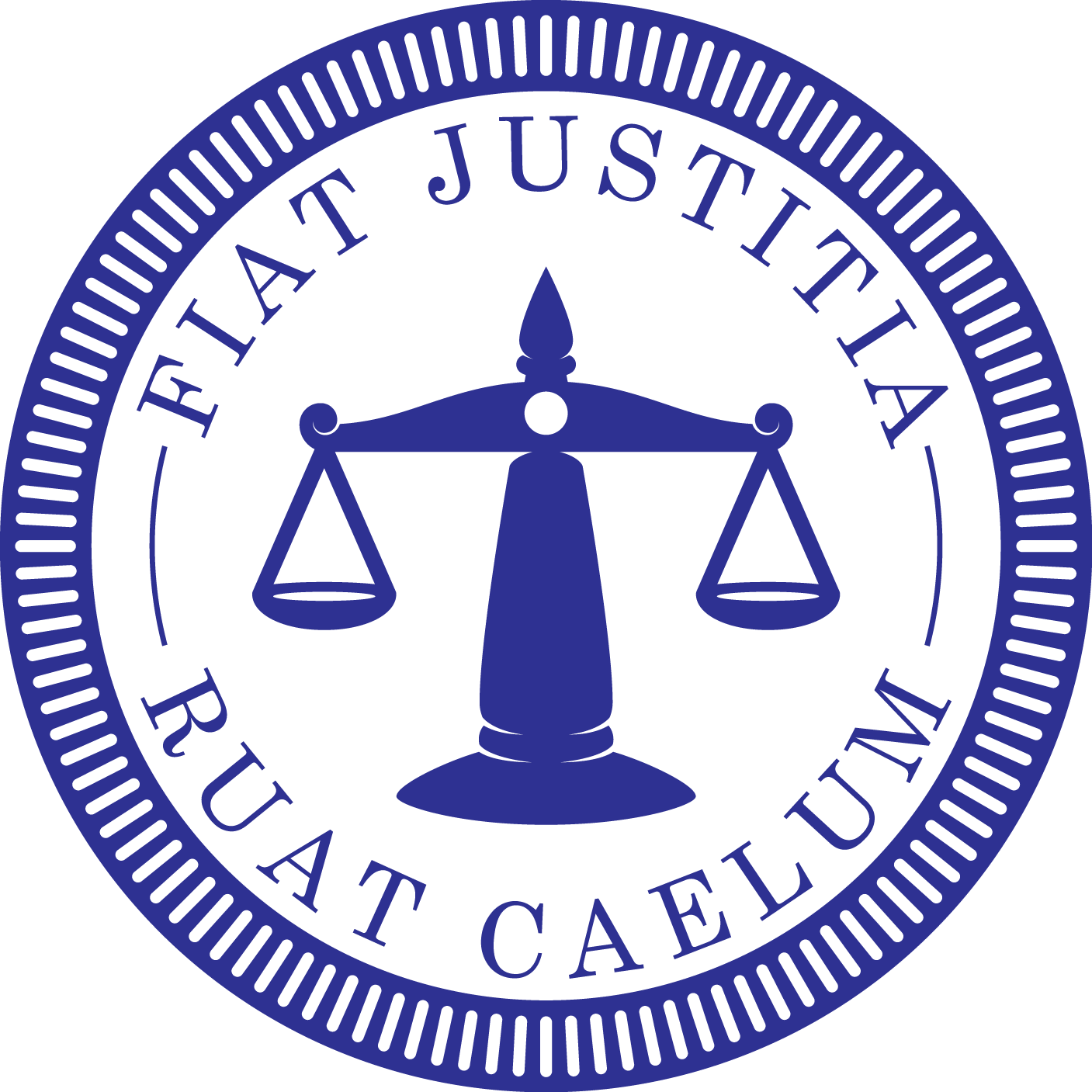Accountability to shareholders is "a nuisance"
Corporate directors have a love-hate relationship with their shareholders. They love the influx of capital that the shareholders provide, but they hate having to be held accountable to the shareholders when they make a bad decision or want to vote themselves an embarrassingly large pay raise or performance bonus.
A movement to give shareholders some say regarding executive pay is gaining momentum, leaving Corporate America uneasy and triggering debate within the legal profession concerning the role of shareholders.
During the past year, attorneys say, so-called "say on pay" policies -- which give shareholders a nonbinding vote on how much executives are paid -- have taken off in the business world, fueled largely by public outrage over exorbitant executive salaries.
The reaction among corporate attorneys who are advising their clients on formulating such policies ranges widely, with some calling them a nuisance that grants too much power to shareholders and others calling them a valuable safety valve that could help prevent litigation.
"'Shareholder democracy' is a popular rage right now," said John Gamble, a management-side labor and employment lawyer at Atlanta's Fisher & Phillips. "But one wonders how much of the fervor is really about shareholder 'rights,' and how much is political populism, or just an emotional reaction" to large salaries and bonuses.
....
"It's a nuisance," said J. Mark Poerio, who co-chairs the executive compensation and employee benefits practice group at the Washington office of Paul, Hastings, Janofsky & Walker.
If Poerio thinks having to allow shareholders to make nonbinding votes on executive compensation, he must think that shareholder lawsuits are an affront to God. I just love the arrogance of Gamble and Poerio - you can almost imagine them patting shareholders on the head and telling them to let the grownups worry about how much the CEO gets paid.
When corporate executives put their needs ahead of the best interests of shareholders, who steps in to correct the problem? That's right - trial lawyers and the tort system. Is it any wonder that the big egos in boardrooms across the country are fighting so fiercely to prevent trial lawyers from giving power back to the shareholders?

